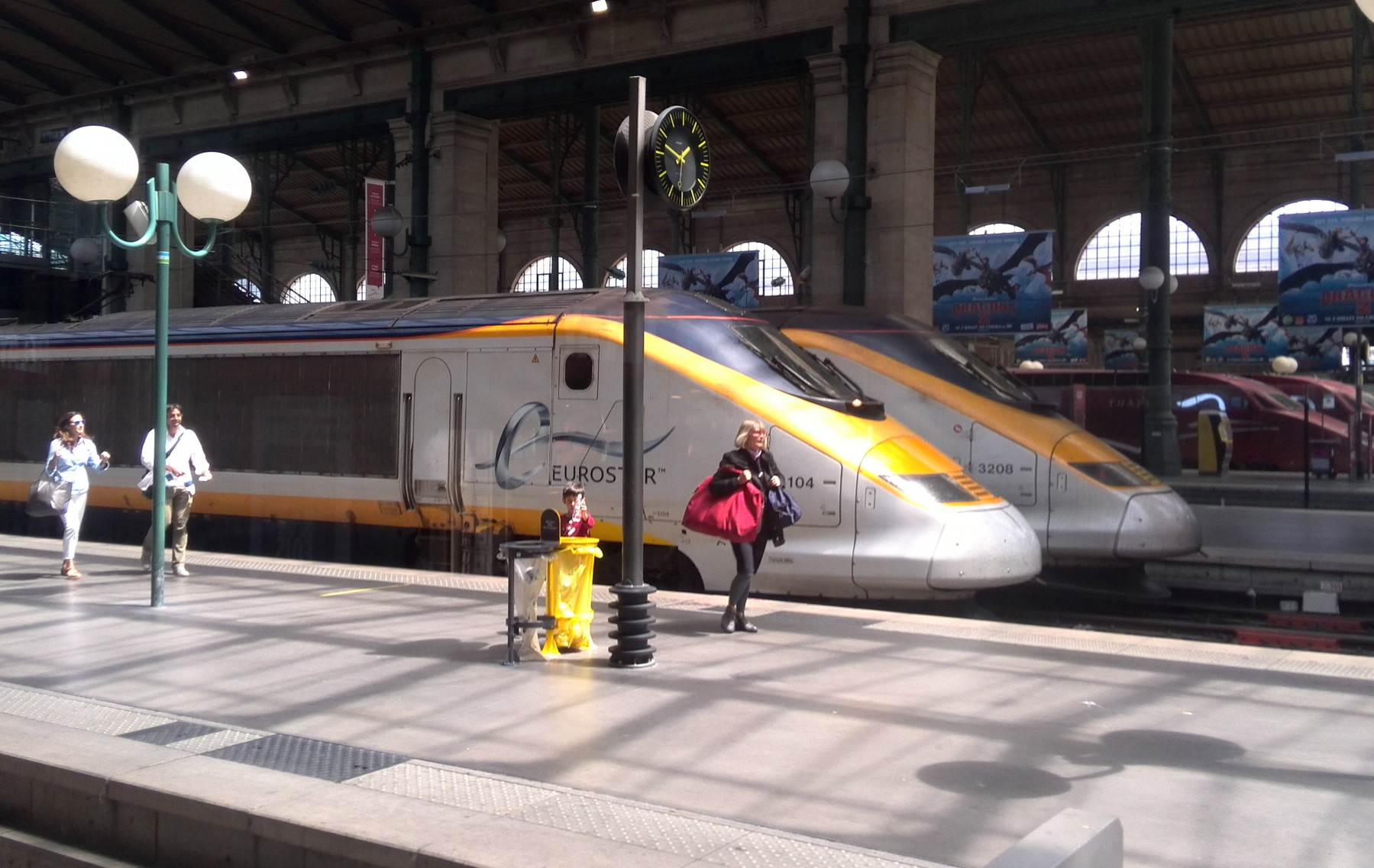 These fliers have been posted in various bits of the USA to try to stop people saying, “Like” so much. It’s apparently from the Academy of Linguistic Awareness and, after spending an hour in a coach this year in America it’s WELL WORTH READING for pretty much every teenager (it’s, like, soooooooooooo annoying)..
These fliers have been posted in various bits of the USA to try to stop people saying, “Like” so much. It’s apparently from the Academy of Linguistic Awareness and, after spending an hour in a coach this year in America it’s WELL WORTH READING for pretty much every teenager (it’s, like, soooooooooooo annoying)..
Apparently it’s all due to this…
Research abstract 2007:
Excessive interjection of the word “like,” in the adverbial or adjectival sense, originated as a social coping and identification mechanism among pubescent English-speaking females in the peer pressure-cooker that was upper middle class suburban teenage life circa 1980 in California’s Simi and San Fernando Valley regions.
The most likely vector for adoption among these, what came to be known as “Valley Girls,” points to transient intimate pair-bonding events between Valley Girls and young, poorly-educated male surfing enthusiasts inhabiting southern California’s beaches contemporaneously.
With little formal training in English grammar, a limited vocabulary, and thought processes slowed by habitual THC intoxication, these “Surfer Dudes” often struggled to properly articulate thoughts and feelings, interjecting “like” to forestall interruption. (Some researchers speculate that this coping mechanism induced “sympathetic endearment” reactions among the typically wealthier and better-educated Valley Girls — but this assertion is, as yet, unsupported by peer-reviewed studies.)
But interjecting “like” gave 1980’s SoCal surfers more than simply “time to think.” Its use also promoted camaraderie within their linguistically-challenged community. This inspired them show further disregard for prevailing societal norms in general. At length, virtue was borne out of necessity and use of the term “like” became a marker for “cool.”
As stated earlier, commingling between 1980’s California Surf and Valley cultures led the latter to adopt the formers’ vulgarized argot — and, hence, their own mantle of presumptive “cool.”
Once “like” spread from SoCal’s beaches to it’s bedroom communities, its use became de rigueur among aspirational English-speaking female teens of that region — and (less so, but not insignificantly) among aspirational young males seeking to ingratiate themselves with these females. In many cases, these males were motivated by simple lust, and less often by the promise of access to lucrative employment via Valley Girl fathers — especially in cases where lust could not have figured prominently.
But the story doesn’t end there. Thanks to the wide distribution of movies and television shows often set (for financial expedience) in and around Hollywood, CA — and the power of these entertainment vehicles to shape the values and behaviors of their sponsors’ target demographic — Surfer-cum-Valley Girl speech patterns — “like” among them — are now widespread among all English-speaking caucasians exposed to “Hollywood” media products.
Research update 2010:
Recent trends indicate growing hostility toward excessive use of the word “like” in the adverbial/adjectival sense. Practitioners of this speech form are frequently sanctioned by self-appointed, Taser-wielding “grammar police.” Befuddled victims of these correctional engagements most often find the experience, like, totally bogus.
